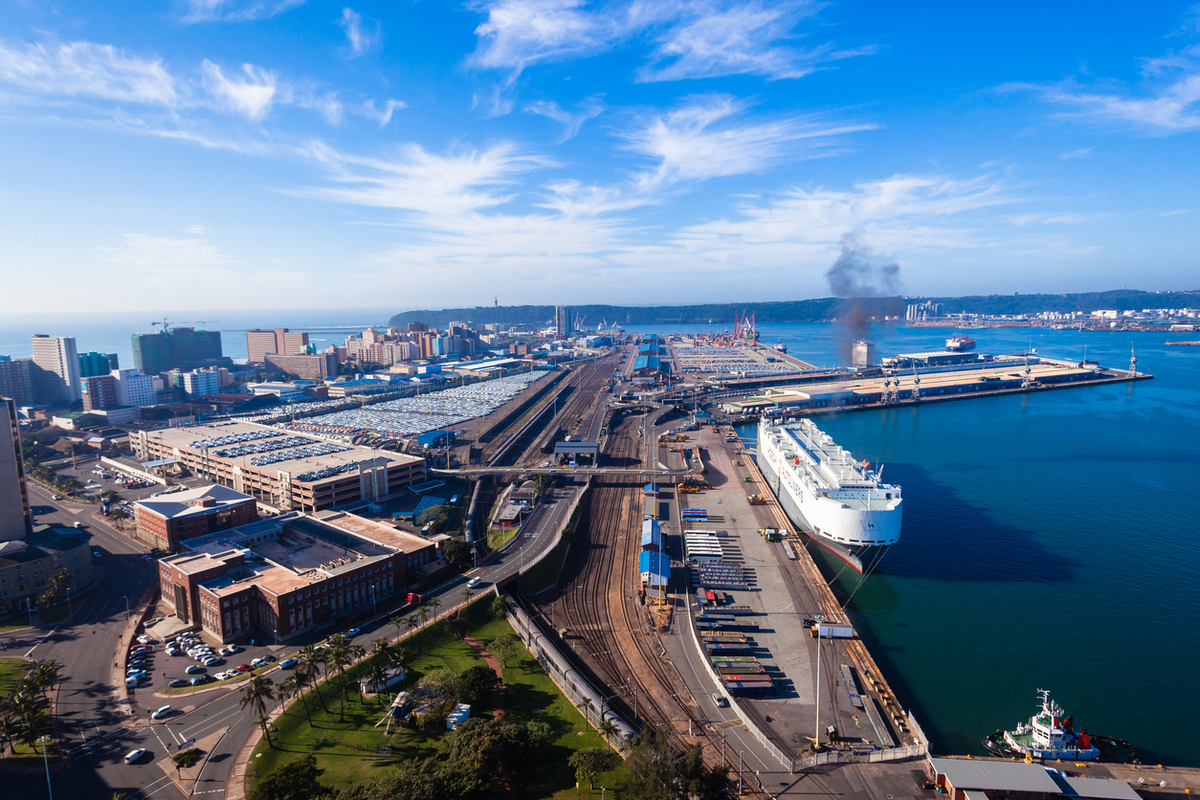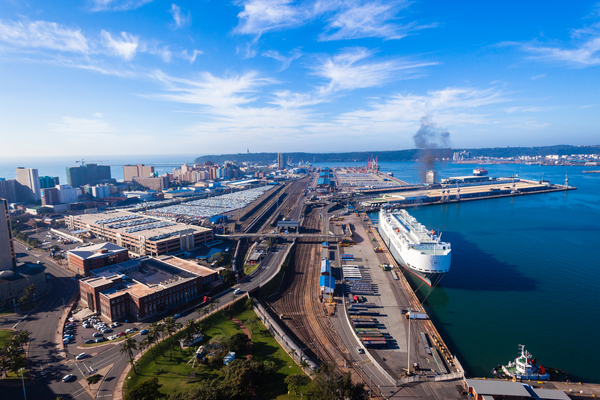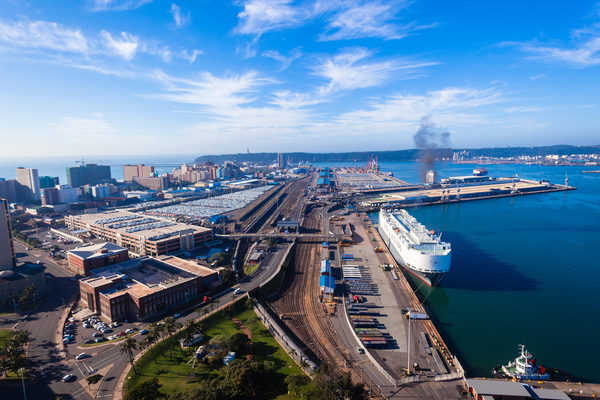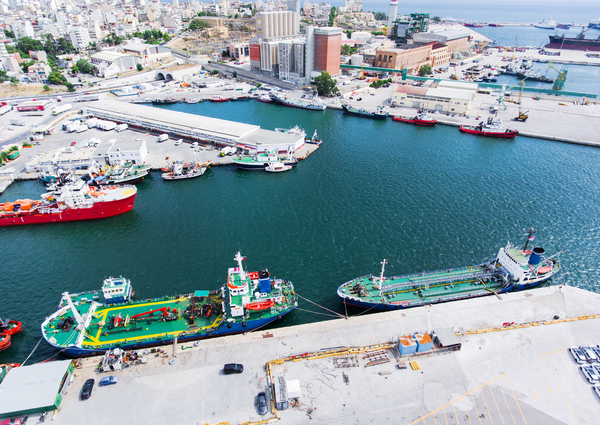Europe & Africa Market Update 19 Sep 2025
Most benchmark fuel prices have declined in European and African ports, and HSFO and VLSFO availability remains normal at Durban.
 IMAGE: Aerial view of Durban port landscape. Getty Images
IMAGE: Aerial view of Durban port landscape. Getty Images
Changes on the day to 09.00 GMT today:
- VLSFO prices unchanged in Durban, and down in Gibraltar ($5/mt) and Rotterdam ($3/mt)
- LSMGO prices down in Rotterdam ($14/mt) and Gibraltar ($9/mt)
- HSFO prices down in Durban ($14/mt), Rotterdam ($8/mt) and Gibraltar ($5/mt)
- Rotterdam B30-VLSFO premium over VLSFO down by $4/mt to $279/mt
Rotterdam’s LSMGO price has recorded the steepest fall among all grades at the port. A lower-priced 150-500 mt LSMGO stem fixed at $667/mt may have weighed on the price.
Durban's HSFO price has fallen more sharply compared to other ports. Conversely, its VLSFO price has remained unchanged, widening the Hi5 spread at the port by $14/mt to $107/mt. A significantly lower-priced 150-500 mt HSFO stem was fixed at the South African port for $510/mt, and it may have put downward pressure on the fuel grade’s price.
HSFO and VLSFO availability at the port remains stable, with 2-4 days of notice sufficient to get deliveries of both grades., a trader said. LSMGO supplies remain very tight at the port.
Wind gusts of more than 25 knots and waves over 2.5 meters are forecast at Durban on 20 September and 22 September, which may force a suspension of operations at the port and further delay deliveries.
Brent
The front-month ICE Brent contract has dropped by $0.92/bbl on the day, to trade at $67.13/bbl at 09.00 GMT.
Upward pressure:
Brent crude’s price has found little support after the US Federal Reserve (Fed) cut interest rates by 25 basis points earlier this week, to a range between 4-4.25%.
The announcement marked the first interest rate cut in 2025. Market analysts expect the US central bank to make more cuts in this year.
“Monetary policy easing cycles have traditionally been positive periods for commodity markets,” remarked ANZ Bank’s senior commodity strategist Daniel Hynes.
Lower US interest rates can spur demand by making dollar-priced oil cheaper for foreign buyers.
Downward pressure:
Downside risks to global oil supply have continued to push prices lower, according to market analysts.
The oil market’s biggest concern right now is a looming glut, expected by year-end and into 2026, as OPEC+ members steadily restore production.
Earlier this month, the Saudi Arabia-led coalition agreed to collectively increase supply by 137,000 b/d in October.
OPEC+ members introduced two voluntary output cuts in 2023 – 1.65 million b/d in April and 2.2 million b/d in November.
The group plans to fully unwind the 2.2 million b/d reduction this month, while the latest decision begins phasing out the April cut.
“A broader narrative of an impending global oil surplus is capping the upside,” said VANDA Insights’ founder and analyst Vandana Hari.
By Nachiket Tekawade and Aparupa Mazumder
Please get in touch with comments or additional info to news@engine.online

Contact our Experts
With 50+ traders in 12 offices around the world, our team is available 24/7 to support you in your energy procurement needs.




